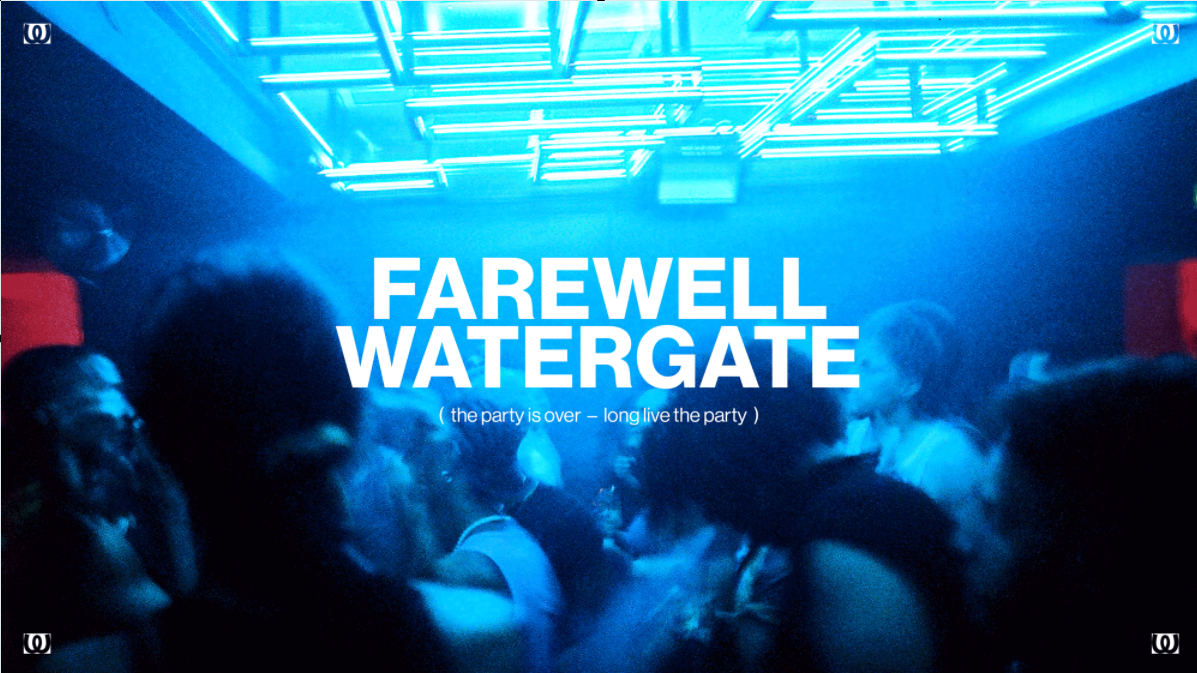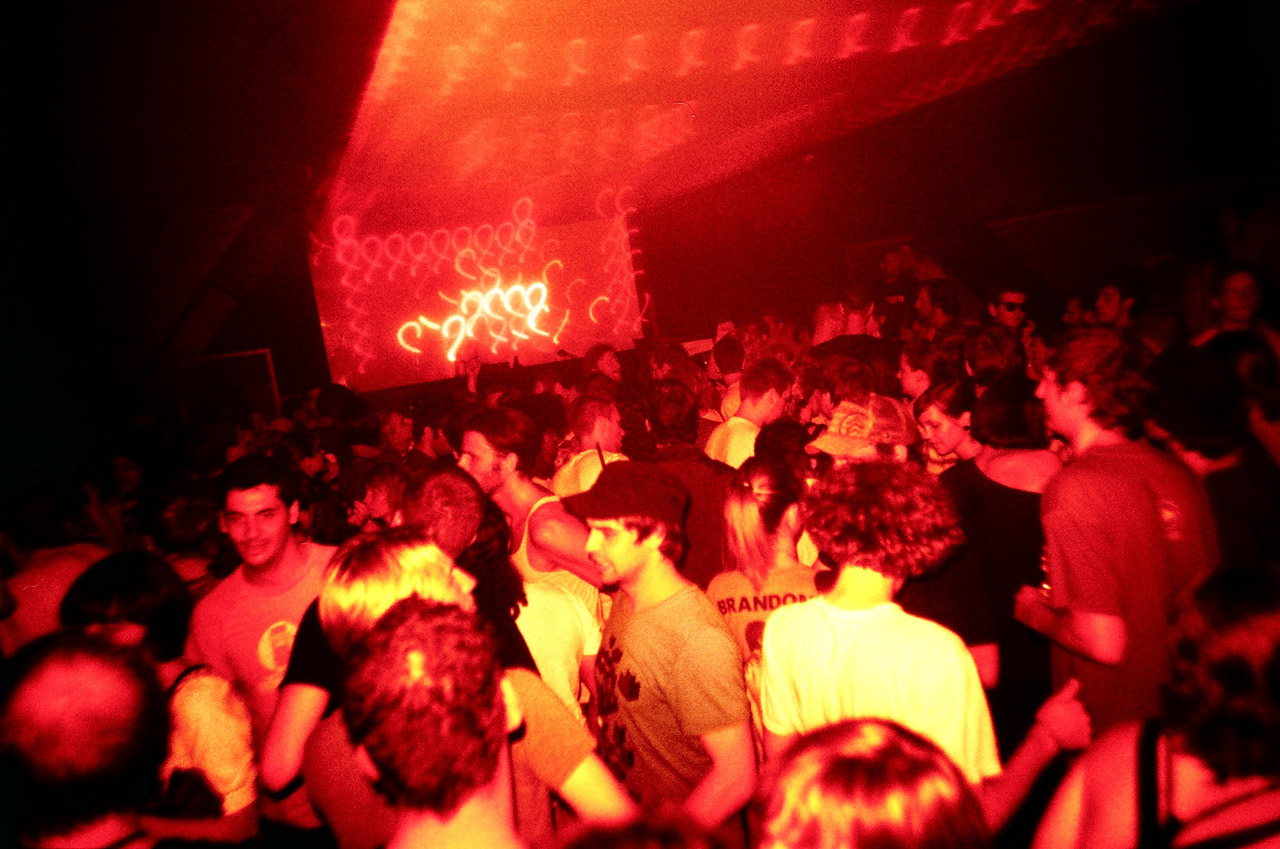Clubsterben [clubdeath] is said to be underway in the German city. The closure of Watergate and Wild Renate has been announced by their respective managers. Watergate will close after New Year's Eve 2024 and Wild Renate will close at the end of 2025. The announcement has sparked a debate about the future of Berlin's nightlife, with politicians from the left-wing Die Linke and Green parties voicing their support for the clubs.
In 2015 Germany approved the status of the Berlin club scene as part of UNESCO’s Intangible Heritage list. Despite this protective strategy for what has been a decades-long cultural scene that attracted thousands of global visitors, clubs cannot defend themselves against changing conditions in the city. The pending closure is entangled in a larger discussion about rent prices and cultural production in the city that has been well-known as a migratory spot for artists and musicians over the last twenty years.
In a statement, Watergate cited 'tough times for Berlin's clubs', based on 'Covid, high rents, inflation, or a change in the dynamics of the next club generation and a shift in the relevance of club culture in general'. Though the farewell statement lists a number of reasons for the club's struggles to stay afloat, Wild Renate is more explicit about the basis of its closure: “The reason for this is the expiry of the lease with the notorious property investor,” it said in a statement to Resident Advisor.

Until now, Watergate, and Renate have not mentioned re-opening elsewhere, and they are not the only ones threatened by impending closure. Berghain, one of the world’s most famous underground nightclubs, was edging towards closure last year but managed to continue its activities. The closure of these clubs is the tip of the iceberg as since the early 2000's over 80 clubs in Berlin have closed down. In addition, other cultural spaces integral to Berlin’s urban identity are also under threat. In the last few years, sites such as many of Berlin’s famous corner pubs and high-profile squatted spaces have also closed.
In light of these challenges, two politicians are rallying in support, calling the Senate to create protective measures to sustain the club scene. Niklas Schenker, member of Die Linke and the German House of Representatives, stated, ‘The Senate is watching as Berlin goes down the drain and one cultural institution after another throws in the towel. We finally need a determined effort against rising rents for residential and commercial properties.’ The member of the left party, Julian Schwarze, has called for the Senate to establish a ‘task force for threatened club culture.’ In 2019, Berlin motioned a federal council initiative to put caps on commercial property prices. The motion was paused, and has not yet been revisited.









